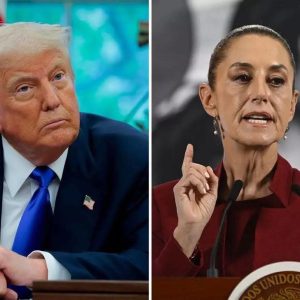Two Constitutional Amendments Disappear—By Accident? This week, the Library of Congress accidentally removed two key sections from the U.S. Constitution online, sparking public outrage and suspicion. On August 6, viewers noticed that Sections 9 and 10 of Article I, which include the vital Habeas Corpus provision, had vanished from the digital copy. What’s Missing? For those unfamiliar, the original signed...





